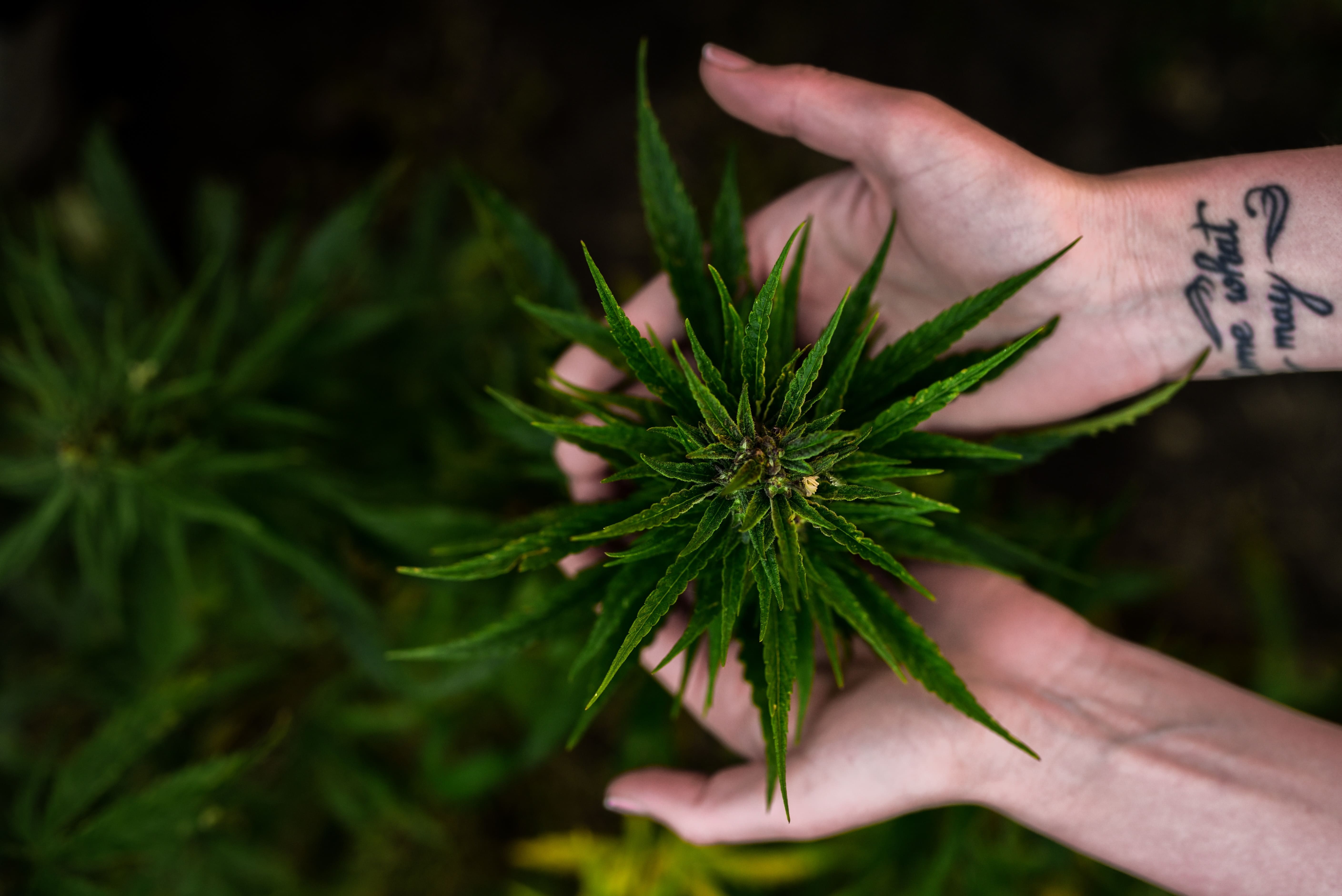Politics
Advocacy Group Urges Congressional Action To Prevent Pesticide Misuse On Marijuana

The lack of federal regulations for the use of pesticides on marijuana plants is putting consumers at risk, the nonprofit organization Beyond Pesticides said in an action alert on Tuesday.
In order to prevent contamination from toxic pesticides, the group is asking supporters to send a letter calling on congressional lawmakers to hold hearings and investigate the illicit use of unapproved pesticides in state-legal markets. It also urges states to “mandate an organic systems approach to cannabis production.”
For farmers to be able to use pesticides, the Environmental Protection Agency (EPA) must register them for each individual crop. Because marijuana remains federally illegal, EPA won’t register any pesticides for it, a process that would require the agency to study environmental impact and potential harm to humans. EPA would also have to approve a label for the product to outline safety requirements.
“Because marijuana is not a legal agricultural crop under relevant federal law (Federal Insecticide, Fungicide, and Rodenticide Act) and hemp has only recently been legalized, EPA has not evaluated the safety of any pesticide on marijuana plants. EPA has established no allowances for pesticide use in cannabis production, and no tolerances, nor any exemptions from tolerances, for pesticide residues on cannabis. In the absence of federal regulations governing pesticides in cannabis production, the use of pesticides not registered by EPA is illegal.”
EPA did announce in August that it is actively reviewing 10 pesticide applications for hemp, which was federally legalized under the 2018 Farm Bill.
Several states such as California, Colorado and Oregon have implemented their own regulations for pesticide use in marijuana manufacturing, but even so there have been examples of contamination, and Beyond Pesticides argues the situation warrants congressional action. Other states expressly prohibit the use of all federally registered pesticides.
“Because of the absence of thorough federal testing of potential effects of the use of pesticides on cannabis for consumers, producers, and the environment, states do not have the authority to permit pesticide use in cannabis production and processing,” the letter states. “States may, however, provide clear rules for sustainable production practices that will protect public health and the environment.”
Pesticides have not been registered for use in cannabis production, but are used under state-adopted enforcement levels that imply safety. Beyond Pesticides recommends a precautionary approach to pesticide use akin to organic systems. https://t.co/ffuWbEPRU0
— Beyond Pesticides (@bpncamp) October 8, 2019
Beyond Pesticides said that the absence of federal regulations for cannabis pesticides means the industry’s only lawful option is to “embrace only those inputs exempt from federal registration and adopt true organic soil management practices.” The problem is, as long as states continue to permit registered pesticides for marijuana in violation of federal law, much of the industry is opting not to embrace the group’s preferred organic approach.
An example of a rule that states could adopt without violating federal law, the group argues, would be to require growers to “follow the dictates of national organic soil management standards would be prudent, precautionary, and a positive trajectory for the cannabis industry.”
Limiting consumer exposure to pesticides in medical cannabis is especially important, Beyond Pesticides said, “because it introduces toxic chemicals into a medicine, but also because medical cannabis can interfere with the body’s ability to detoxify those pesticides.”
“Cannabinoids have been shown to inhibit the activity of enzymes that help detoxify chemicals, which can make pesticides more toxic,” the group wrote in its alert to supporters.
The organization offered two recommendations for Congress to address the broader issue: 1) hold oversight hearings to document instances of states violating federal law by permitting the use of federally registered pesticides on marijuana, and 2) request an investigation by the Office of the Inspector General and Government Accountability Office to “assist in clarifying EPA and state enforcement responsibility to ensure compliance with pesticide product labels.”
Oregon Teachers’ Union Backs Drug Decriminalization But Worries About Marijuana Money Loss
Photo by davide ragusa on Unsplash.
















